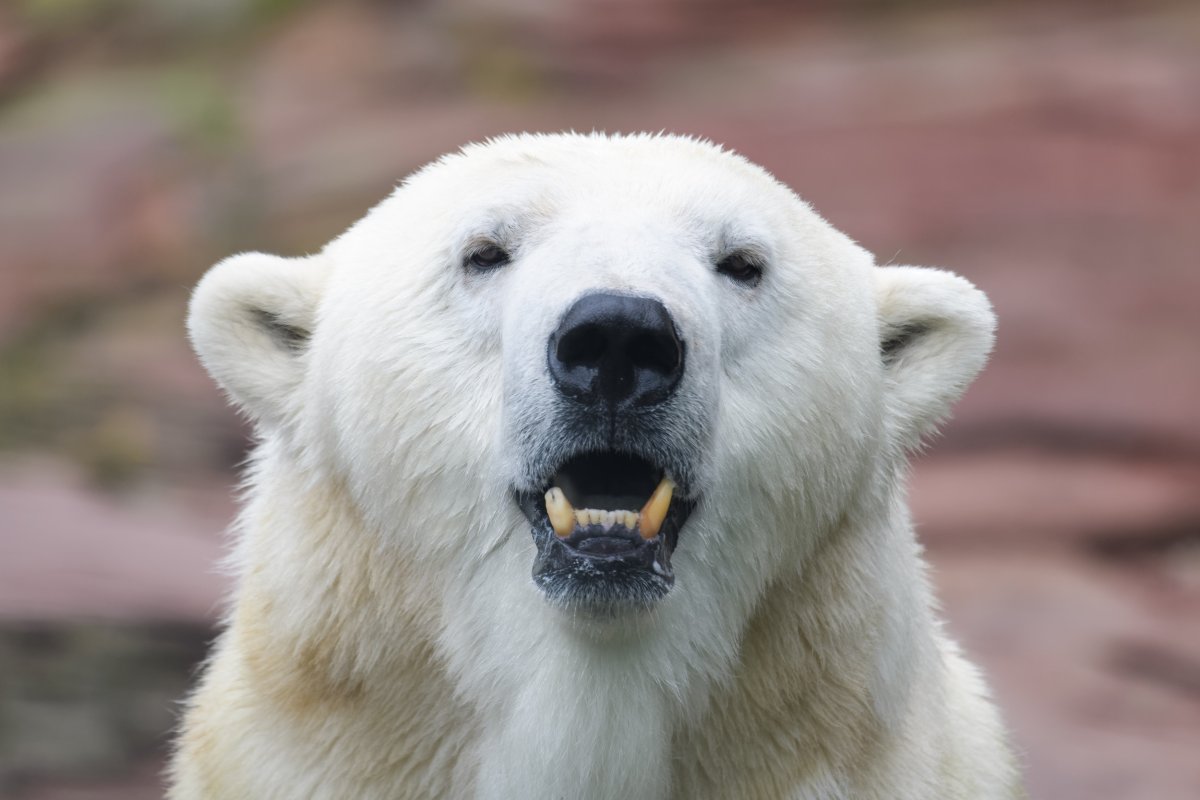A recent polar bear attack on a woman and boy in Alaska was "extraordinarily rare," an expert on the animals told Newsweek.
The polar bear entered the town of Wales, Alaska, on Tuesday and chased "multiple residents" before fatally attacking the woman and the child, Alaska State Troopers said in a dispatch. The bear was shot and killed by another resident.
Alaska State Troopers said on Tuesday afternoon that they were still in the process of contacting their next of kin and that officials from the Alaska Department of Fish and Game were traveling to the area "as weather conditions allow."
There are an estimated 4,000 to 7,000 polar bears in the state of Alaska. Polar bear attacks on humans rarely happen, although they can occasionally occur in Arctic communities that are close to the bears' habitats.

Geoff York, the senior director of conservation at Polar Bears International and an expert in human-polar bear coexistence, told Newsweek that this case was particularly rare.
"I definitely want to emphasize just how rare this attack is. Most polar bear attacks happen during that ice-free season when it's warmer [and] when there's less sea ice. That's when we've historically seen more issues between humans and bears," York said. "To have a fatal encounter in January, in northern Alaska, is extraordinarily rare."
The last fatal polar bear attack to occur in Alaska was in December 1990. Similar to Tuesday's, the 1990 attack was unprovoked. York said that in 1990, it had been a thin and hungry bear.
With this most recent case, experts still do not know the details about the bear's condition or age, meaning it is hard to know why it attacked. But data shows scientists that bears that attack humans are usually in one of two categories.
"Most bear attacks are from either males that are in growth spurts just like teenage humans, and so they do eat a lot of food and do have high energetic demands. And in those cases, while they're not starving, per se, they're very hungry because they're going through those growth phases and they're also a lot more naive. They're less experienced with potential threats," York said.
"On the other end of the spectrum are older bears at the end of their lives, who are injured and having trouble bringing in adequate calories. They're looking for alternative sources. So we don't know yet in this case, but it wouldn't surprise me if it fell in one of those two categories."
When a bear is in poor body condition, it will tend to take higher risks, such as wandering in communities and attacking a person.
Local communities that coexist with polar bears often have guidelines in place to help mitigate conflict. But locals typically tend to be more on guard during the summer, when there is less ice and an increased chance of polar bears wandering inland.
While fatal attacks remain rare, experts are concerned they will increase due to climate change.
"Historically, there are times of the year in the winter, where you feel they can let your hair down, so to speak, where bears are out on the ice doing their thing and you have a very, very low probability of running into them," York said.
"And so this was in that window where historically people would feel pretty safe. So clearly as these changes are occurring in the ecosystem and with the sea ice in these regions, it's becoming a lot more dynamic."
As the climate warms, there is less sea ice for polar bears to inhabit, meaning they will inevitably wander into communities.
"It's definitely consistent with what we expect to see across the Arctic as the ecosystem rapidly changes," York said. "This is a range-wide issue as we're seeing the Arctic transform and warm at almost four degrees faster than the rest of the planet."
Do you have an animal or nature story to share with Newsweek? Do you have a question about polar bears? Let us know via nature@newsweek.com.
Uncommon Knowledge
Newsweek is committed to challenging conventional wisdom and finding connections in the search for common ground.
Newsweek is committed to challenging conventional wisdom and finding connections in the search for common ground.
About the writer
Robyn White is a Newsweek Nature Reporter based in London, UK. Her focus is reporting on wildlife, science and the ... Read more





